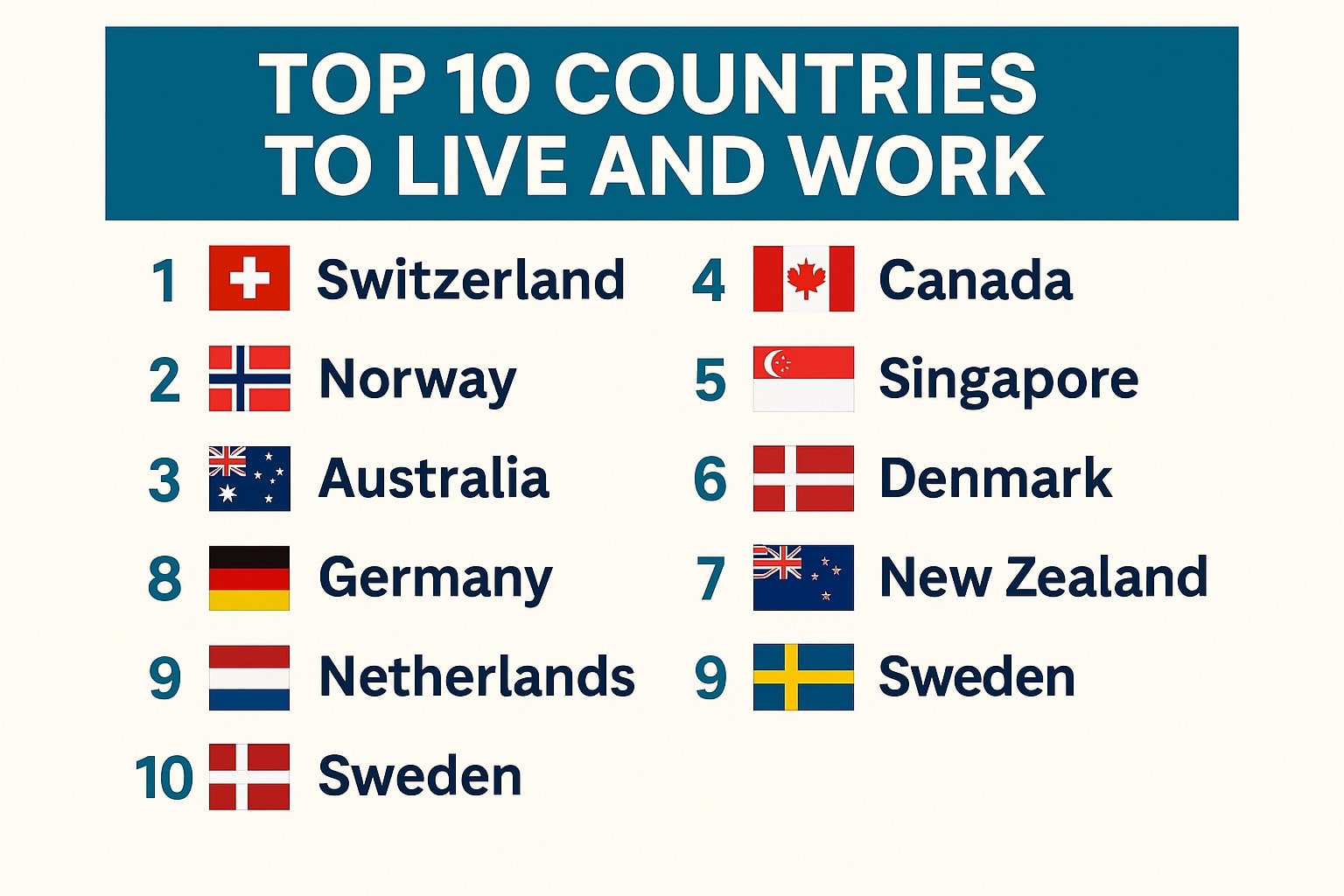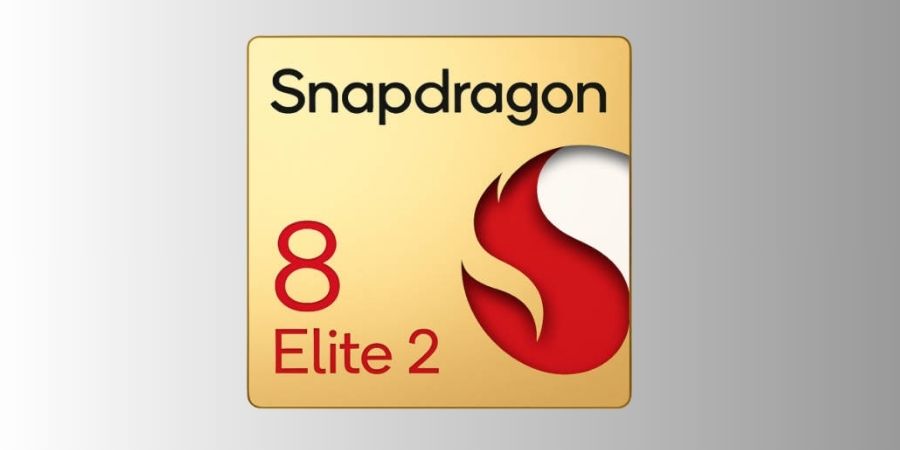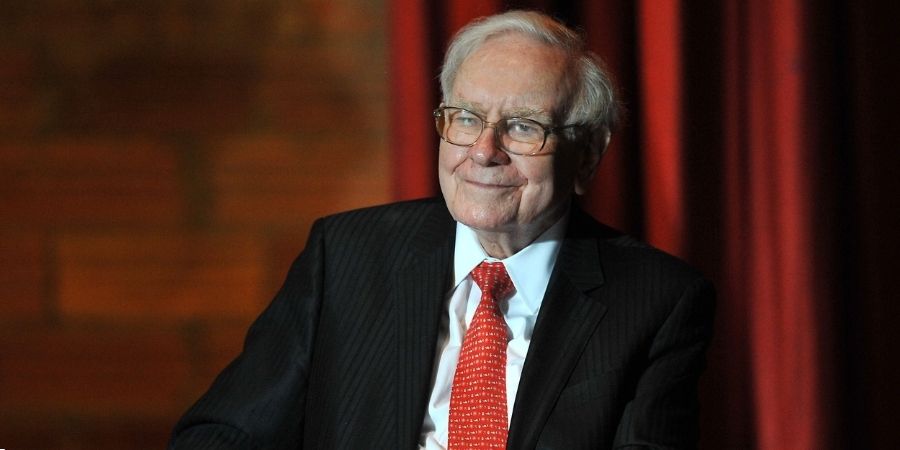Elon Musk has done it again and set the record for net worth, which now stands at an eye-watering $400 billion plus. This feat cemented his position as one of the richest individuals in the world. But more than the eye-watering figures, this feat is significant to the tech industry, innovation, and the future of international business.
A Net Worth Driven by Innovation
Elon Musk’s wealth has always been directly related to his intention to engage in business in the space and technology sectors. His companies, Tesla, SpaceX, Neuralink, and The Boring Company, are currently spearheading their respective fields, always breaking conventions. Tesla as an electric vehicle trendsetter continues to add significantly to his wealth. Its share has recorded historic growth with escalating demand for eco-friendly modes of transport.
SpaceX, however, has transformed the model of space travel with reusable rockets and Mars colony plans. Company valuation has gone through the roof, with investors and government grants that contribute a lot to Musk’s increasing fortune. Ventures like Neuralink, brain-computer interfaces, and The Boring Company, tunnel transport, are proof of Musk’s capacity to turn futuristic ideals into reality.
The Impact on the Tech Industry
Elon Musk’s fortune of more than $400 billion is not only a money milestone—it’s a harbinger of revolution in the tech space. With the founder of many companies that have disrupted multiple industries, his impact goes far beyond individual wealth. Investors and tech startups alike are turning to Musk, frequently planning around what he has accomplished and how he accomplishes it.
Tesla’s market leadership in electric vehicle sales has compelled other conventional auto-manufacturers to accelerate their transition towards sustainability. General Motors, Ford, and even luxury auto-manufacturers are going all out with investments in EV technology, battery technology, and autonomous technology as well.
SpaceX innovations have revolutionized the aerospace sector, and NASA and other private space missions are reassessing how they will venture into space. SpaceX innovations in reusable rockets have opened up the technology to utilize at a cost that is relatively low for space exploration, and the result is a new competitive and collaborative aerospace market.
Challenges and Controversies
Even as Elon Musk’s riches are growing, his ride has not been seamless. The Tesla shares are hugely volatile and will react to the words of Musk and the market mood. Regulator anxiety, manufacturing glitches, and supply chain hiccups have sometimes influenced the company’s operations.
SpaceX, in its turn, also has its own array of challenges from technical malfunction to geopolitical matters to global affairs. Neuralink’s brain chip technology, though promising, also has ethical issues and regulatory hurdles that could limit it.
Also, Musk’s flamboyant nature and internet life often attract negative remarks. His tweets have impacted the stock prices, led to court fights, and stoked controversy over corporate responsibility. However, his ability to shake things up and redefine businesses is unrivaled.
The Future of Musk’s Business Empire
With a net worth of over $400 billion, Elon Musk has the resources to drive even more ambitious projects. His vision for Tesla extends beyond electric vehicles to energy storage, solar energy, and artificial intelligence. The company’s AI-driven autonomous car technology continues to evolve, with the aim of revolutionizing the way cities are moved in the next few years.
SpaceX’s ultimate vision of creating a human multi-planetary species is now in view than ever. Space industry behemoth SpaceX’s Starship program, which is being built to venture into far space, has the capability of making human colonies feasible on Mars. If put into practice, it will alter the history of space exploration and off-world utilization of space resources in the future.
This means that the Brain-Machine Interfaces Neuralink has been developing can transform medicine so that neurologic conditions are treated and even human minds enhanced.
Although in its early stages, the technology holds potential for opening up a world where human beings and artificial intelligence complement each other completely.
What This Means for Investors and Businesses
The rise in the wealth of Elon Musk is a consequence of larger trends within the technology sector, i.e., growing domination by innovation-based businesses. Investors are focusing more on those organizations that are making investments in space exploration, artificial intelligence, and sustainability as business in the future.
Startups aspiring to penetrate such sectors have to emphasize on disruptive technology, scalable business models, and lasting impact. Musk’s success showcases the way development in transport, energy, and space can make revenues beyond comprehension as well as determine the destiny of human beings.
For business, his tactics focus on having to accept risk, being flexible, and always innovating. Those businesses that welcome new technology and turn existing markets upside down will have a greater likelihood of succeeding in the age of digital change.
Conclusion
Elon Musk’s net worth of over $400 billion is not just a record figure—it’s technology, imagination, and relentless innovation personified. His work in the electric car industry, space exploration, artificial intelligence, and others will keep changing the world for the next two decades. As the world changes and new frontiers are explored, Musk’s journey is a template for the next generation of entrepreneurs and technocrats.













